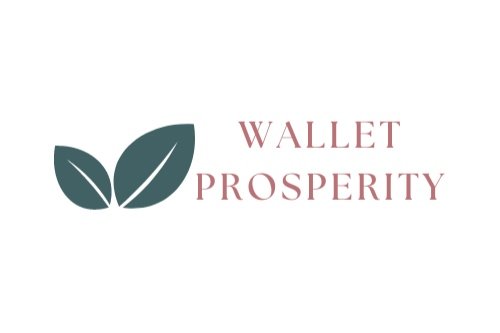When was your last money date?
When I made the decision to improve my relationship with money, I began having regular money dates with myself. I knew that my relationship with money was long-term and I wanted to learn more about my behaviors and how I was managing my money at the time to make the necessary changes and hold myself accountable.
To be honest with you, I have always loved problem-solving and creating plans, so sitting down to review my finances actually got me excited! I was eager to change my financial situation for good! The weight of the stress, feeling like I would never get ahead and fear of being stuck in my situation was the motivation I needed to make positive changes.
A money date provides an opportunity to have a real and honest conversation with yourself and/or your partner. They help you understand your money relationship and take control of your finances. Checking in on your finances at least once a month can help you stay on top of your finances and prevent and/or solve money problems from arising. They also provide the opportunity to work on managing your finances better.
A money date is beneficial for quite a few reasons. Firstly, it acts as a check-in, enabling you to become more mindful about your money habits. Secondly, you can get organized and determine how you can make better financial decisions. Lastly, with a regular money date, you can plan and work more efficiently towards your financial goals.
Money dates are part of self-care. I always sit down in my favorite location, with a nice cup of coffee or water, a lit candle, and music. I create the environment needed to have calm and peace of mind.
Consider scheduling regular money dates with yourself to achieve the following:
1. **Budgeting and Expense Review:** Use this time to assess your income, expenses, and financial goals. Create a budget that aligns with your priorities, track your spending habits, and make any necessary adjustments.
2. **Goal Setting and Planning:** Reflect on your short-term and long-term financial goals. Use your money dates to strategize and plan the steps needed to achieve those goals. Break them down into manageable tasks and set realistic timelines.
3. **Investment Evaluation:** Take stock of your investment portfolio. Review the performance of your investments, analyze the asset allocation, and consider rebalancing if needed. Use this opportunity to learn about new investment opportunities and diversification strategies.
4. **Debt Management:** Assess your outstanding debts, such as credit card balances, loans, or mortgages. Evaluate your repayment strategies, interest rates, and consider debt consolidation options if appropriate. Use your money dates to monitor your progress toward becoming debt-free.
5. **Self-Care and Financial Education:** Dedicate a portion of your money dates to self-care. Read financial literature, listen to podcasts, or enroll in courses to expand your financial knowledge. Cultivating financial literacy is essential for making informed decisions.
Remember, consistency is key. Treat your money dates as a non-negotiable appointment with yourself and create an environment conducive to focus and reflection. Use this time to celebrate your financial wins, analyze challenges, and envision a prosperous future.
What would your ideal money date environment look like? Let me know in the comments.
I like to think of my money as any other relationship I love, it takes time, attention, dedication, forgiveness, understanding, growth, and reflection. By making the decision and nurturing my money relationship, I can find financial peace and the life I truly desire.
I know that thinking about your finances can be overwhelming for some, that is why I created a FREE money date checklist to use as a guide during your money dates. Be sure to grab your checklist below and begin your money date today.
YOU’VE GOT THIS!

